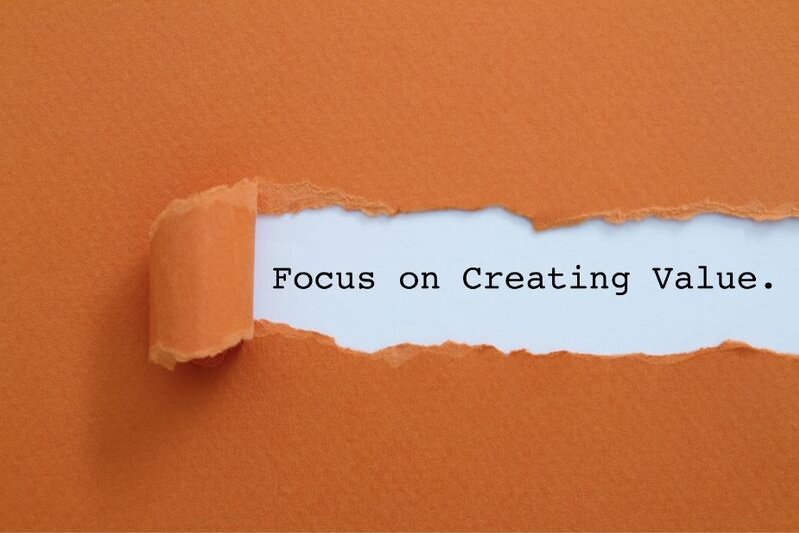We often use price as a proxy for value. We are willing to pay more for things we consider valuable, and, in turn, we tend to value things more highly when they come at a cost. From an economic perspective, consumer surplus refers to the gap between what someone would be willing to pay for something and what they actually pay. While this surplus is typically framed as a benefit, it does not necessarily generate greater appreciation or pleasure. As prices fall, our sense of value and emotional engagement often diminishes.
I think this creates a paradox within capitalism. Significant effort is invested in reducing costs and increasing efficiency, yet these gains do not reliably translate into greater human happiness. In many cases, cheaper and more abundant goods lead to reduced appreciation rather than deeper satisfaction. What do you think?
““It is more interesting, more complicated, more intellectually demanding and more morally demanding to love somebody, to take care of somebody, to make one other person feel good.””




















